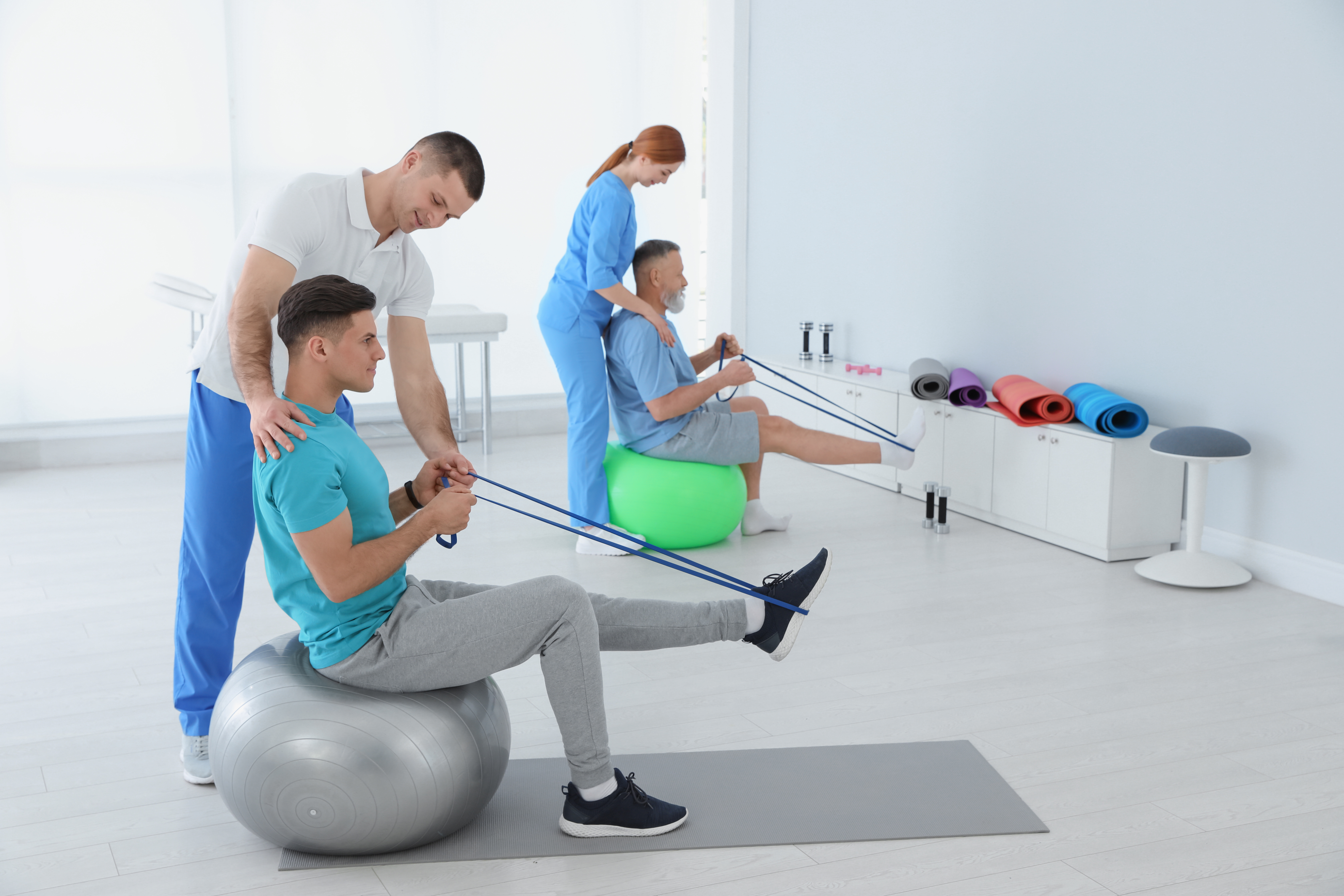Enabling Clients Through Education on Cardiopulmonary Recovery for Enhanced Healing and Standard of Life.
Enabling Clients Through Education on Cardiopulmonary Recovery for Enhanced Healing and Standard of Life.
Blog Article
Cardiopulmonary rehab is an important program created to help patients recover from cardiac and pulmonary diseases. It centers on enhancing individuals' physical wellness, education, and overall well-being. Individuals who participate in these initiatives often undergo improved recovery and a higher standard of life. By providing education tailored to personal needs, cardiopulmonary rehab empowers individuals to assume control of their health and take knowledgeable decisions about their care and lifestyle.
One key element of cardiopulmonary rehabilitation is physical activity training. Exercise is vital for strengthening the cardiovascular system and lungs, which can become impaired due to disease or lack of exercise. Patients generally participate in supervised exercise sessions that are secure and slowly increase in difficulty. These sessions assist to build endurance and enhance overall fitness-related function. As individuals become more engaged, they often notice gains in their energy capacity and daily activities, such as strolling, ascending stairs, and taking part in social gatherings.
In addition to physical activity, instruction plays a significant role in cardiopulmonary rehabilitation. Patients learn about their specific conditions, treatment alternatives, and the importance of lifestyle changes. This education helps demystify their illnesses and reduces feelings of fear or frustration. Understanding how their physiology function and the impacts of drugs and find out here treatments allows individuals to take better choices regarding their health. Knowledge about topics like nutrition, smoking cessation, and stress management can lead to permanent modifications that encourage recovery and avert future problems.
Another crucial aspect of rehabilitation is psychological assistance. Living with long-term cardiac or lung conditions can be challenging and may lead to feelings of anxiety or depression. Patients are often motivated to discuss their stories and emotions in a nurturing group setting. This peer connection can be extremely helpful, as it offers a feeling of community. Support from healthcare professionals, family, and friends also plays a vital part in the rehab journey, helping to build resilience and motivation.
In summary, the objective of cardiopulmonary rehab is to improve recovery and Resources improve quality of life for patients. Through tailored fitness regimens, thorough education, and emotional support, individuals are enabled to take control of their well-being. By proactively engaging in their rehabilitation process, individuals can experience a refreshed feeling of confidence and independence. This comprehensive approach not only assists in physical healing but also fosters a more positive outlook, resulting to a more satisfying life in spite of the challenges of living with heart or pulmonary diseases.